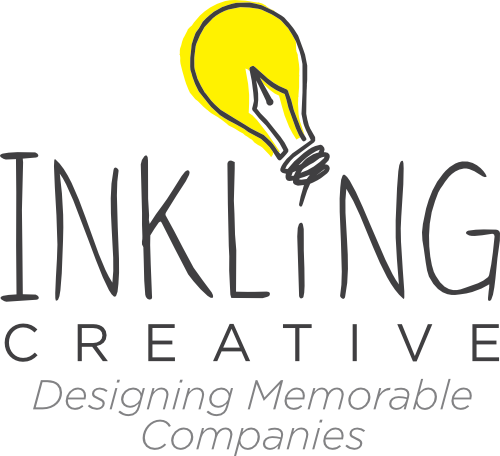Is something sabotaging your business?
Now I can’t guarantee that something is, but what I can do is reveal a very common culprit. Are you ready?
Comparison.
Yes, yes, comparison can be a good thing if you are examining where you fall short in an effort to get better, but far too often it’s not.
Let me give you a personal example.
A few months after bringing a five-year-old Jubilee home from India, we were at some occupational/MNRI therapy to help her reflexes that never developed. While we were there we saw another girl who was five years old [or younger].
This little girl was speaking clearly in full, multi-word sentences to her mom — something that, at the time, Jubilee was not doing. So with Jubilee clearly on my mind, I expressed my sadness to my husband.
As he is so apt to do, Shawn quickly, yet kindly, gave me a full dose of reality — and perspective — and said, “Okay, well try randomly dropping her in the middle of India and see how she does.”
Ooph. *Point taken.*
That kind, yet direct comment was just what I needed. She is not her. We are not them.
That little girl’s background is completely different than Jubilee’s in so many ways: her development and upbringing are different; her birth was different. Her parents are different — obviously.
This little girl grew up with people speaking to her [in English mind you], encouraging her to respond. She grew up with plenty of life experience outside of three rooms, where Jubilee had none. That little girl’s situation is not the same.
Keeping all these things in mind, these girls cannot be compared as if all things are equal.
At our church, my pastor’s wife is often credited with the statement, “comparison is the death of contentment.”
When we wrongly compare, we often immediately become discontent with the good gifts the Lord has given us. (By the way, all things considered, Jubilee is doing incredibly well.)
So stop it in its tracks. Don’t compare. Don’t fall into this pit.
Let me give you a business example.
Along the same lines, too frequently, business leaders compare themselves to other businesses.
They are sending [x number] of emails a week and
posting on [x number] of platforms,
[x number] of times a week.
They have [x number] of employees and
their revenue is $[x number] and
they gain [x number] of new clients a month.
Then when they see where their businesses’ efforts don’t match up, they [*cough,* I] get discouraged.
Have you ever fallen into this trap? I call it the comparison crater. Once we fall into, it can seem impossible to get out.
But we must remember what I mentioned before: we are not them.
Our situations are different. Our backgrounds are different. They may have been around ten years when you’ve been around two. They may have twenty employees when you have just you.
We are not them. And almost even more importantly,
Our audiences are not the same.
From a business perspective, before we fall into the comparison crater, I think this is one of the most important things to remember. Your audience is not their audience. It might be similar, but it’s likely not exactly the same.
Even if you both serve small business leaders, they might serve executives who’ve been in their industry for 10+ years and make $5m+ while you serve primarily male (or female) run startup companies who make six figures. Throw different industries on top of that, and it’s easy to see how a “similar” audience can be vastly different.
If business is about solving problems, we must remember whose problems we are solving.
So that’s your action item for this month:
Determine exactly who it is you’re trying to reach, then market and sell to them. Don’t compare yourself to someone whose audience isn’t the same. Learn from them, but don’t compare yourself to them.
Create marketing materials that speak directly to your audience. When it sounds like you are in your customers' heads and you address their problems, this makes your company memorable.
Rooting for you!

